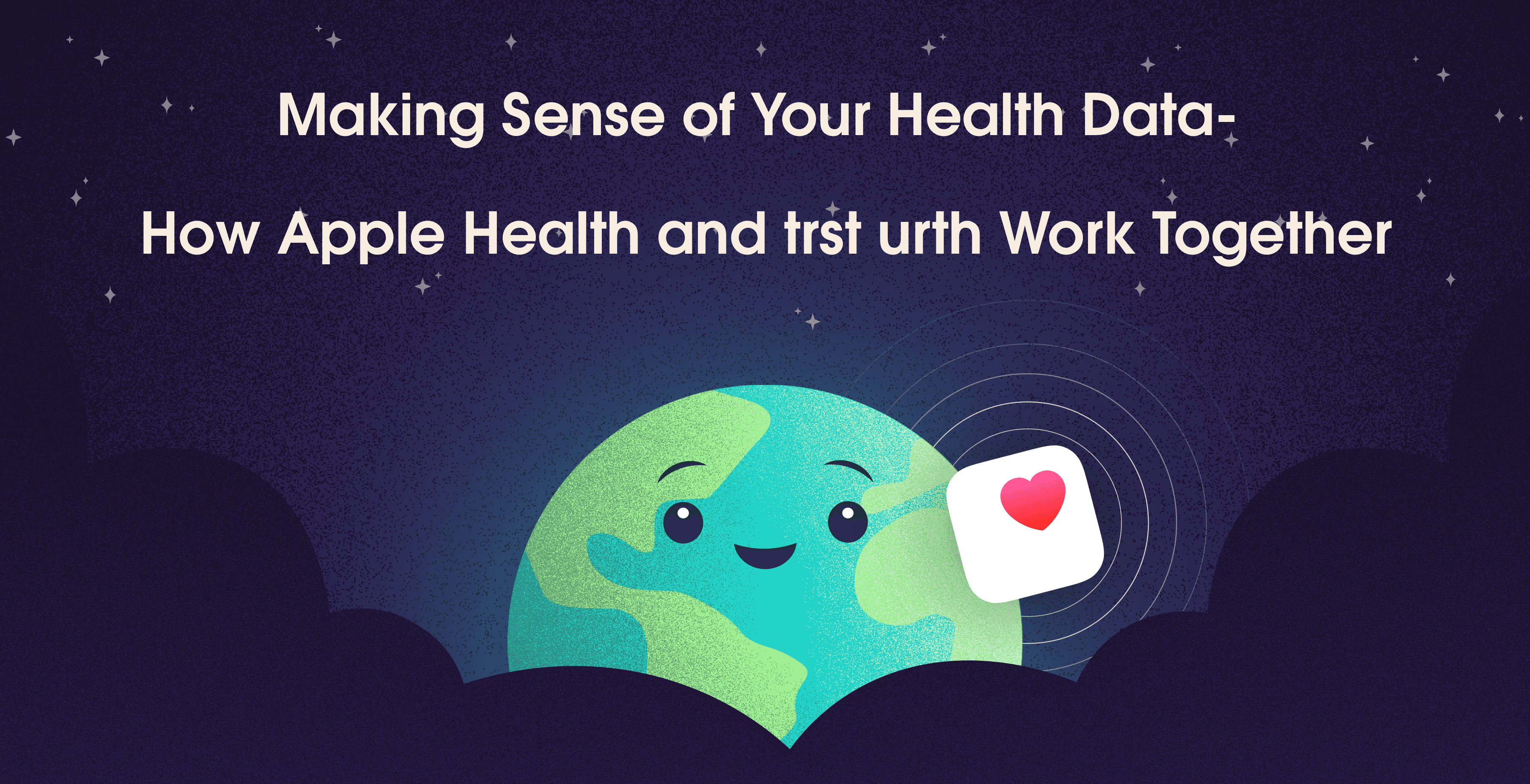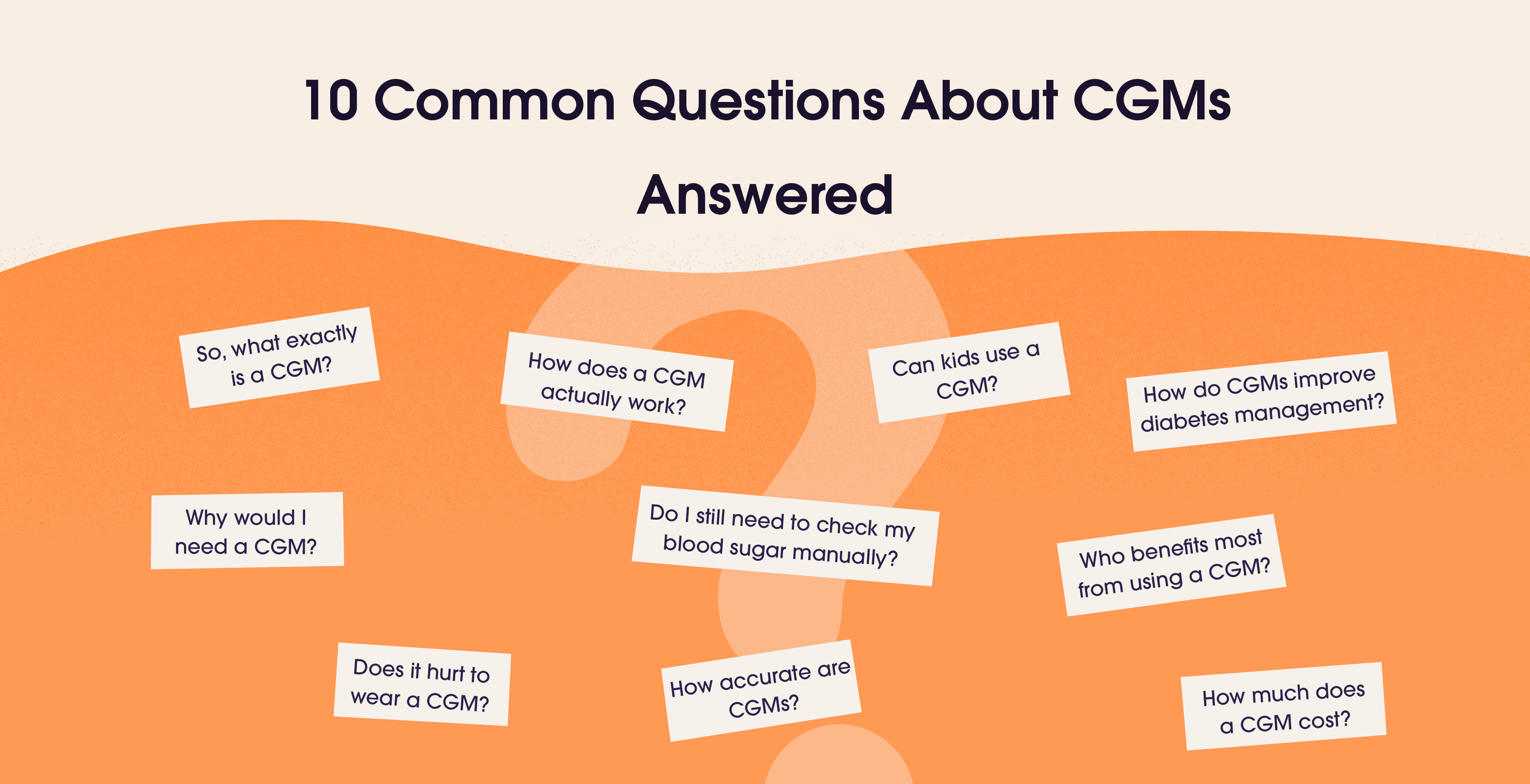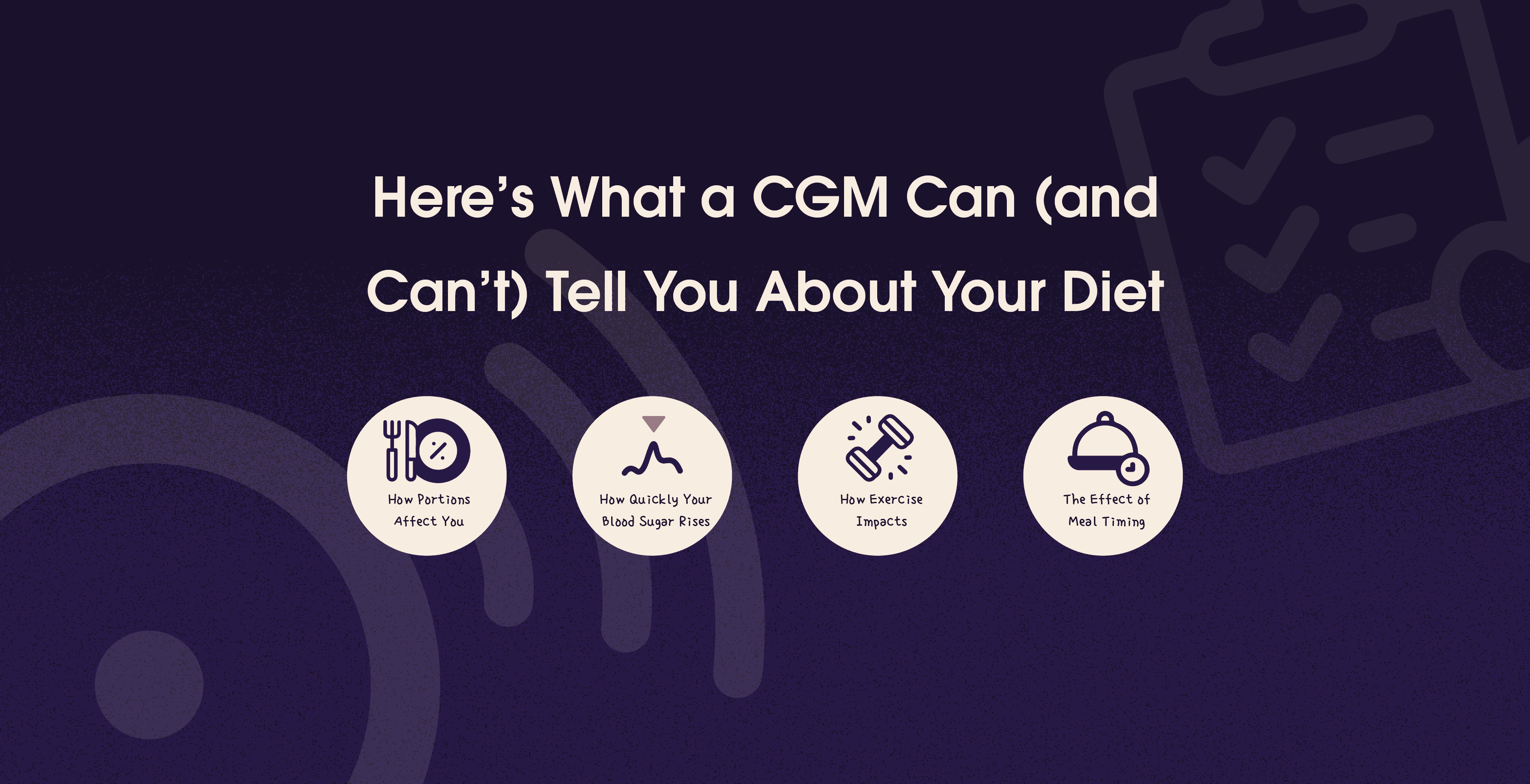Health Scores
Mar 10, 2024
Ashima Raizada



Table Of Contents
In our quest for health and well-being, understanding the host of health scores provided by modern technology can be both empowering and overwhelming. These scores, from sleep quality to metabolic health, offer a window into our body's functioning, guiding us toward a healthier lifestyle. So here's a closer look at what these scores mean and why they're crucial for anyone looking to improve their health.
Sleep Score: The Foundation of Wellness
The sleep score goes beyond mere duration, delving into the quality of your sleep cycles, consistency of rest, and the balance between deep and REM sleep. This metric can uncover sleep disturbances or patterns that may impact your health, highlighting the importance of quality sleep in mood regulation, cognitive function, weight management, and reducing chronic disease risk.
Recovery Score: Your Readiness Indicator
Integrating various health metrics, the recovery score assesses your body's recovery from stress, physical activity, and daily demands. It serves as a gauge of your resilience and readiness for stress, both physical and mental. A high score signals readiness to perform, while a low score may indicate the need for rest to prevent overtraining or burnout.
Activity Score: A Measure of Movement
This score captures the extent of your physical activity, considering workout intensity, duration, and everyday movements. It helps determine if you're achieving your fitness goals or need to ramp up your activity level. Regular physical activity is essential for preventing chronic diseases, maintaining a healthy weight, and fostering mental health.
Glucose Spike: Understanding Your Body's Reactions
Monitoring glucose spikes is vital for identifying how your body responds to foods, stress, and exercise, aiding in the management of blood sugar fluctuations. Keeping glucose spikes in check is crucial for maintaining metabolic health, ensuring stable energy levels, and mitigating the risk of type 2 diabetes.
Time in Range: Blood Sugar Balance
The time-in-range score reflects how well you maintain your blood sugar within a healthy range, serving as an overall indicator of blood sugar control. Consistent management within this range is key to minimizing diabetes complications and signifies good metabolic health.
Spike Time: Managing Blood Sugar Elevations
Spike time reveals the duration your glucose levels remain elevated, guiding dietary and activity adjustments for better blood sugar management. Reducing spike time can enhance metabolic flexibility and alleviate the stress high blood sugar places on the body.
Lifestyle Score: A Holistic Health Snapshot
Offering an overview of your health habits, the lifestyle score evaluates how well you balance sleep, activity, and stress, reflecting the alignment of your daily routines with your body's natural rhythms. A high lifestyle score correlates with improved health, mood regulation, and performance, both physically and mentally.
Metabolic Score: Efficiency in Energy Processing
This score provides insights into your metabolic health, focusing on how your body processes and utilizes energy. By considering the timing of meals, fasting intervals, and overall metabolic efficiency, optimizing your metabolic score can lead to better weight management and stable energy levels, reducing the risk of metabolic syndrome.
Understanding health scores can clearly guide us toward better health. These scores provide specific recommendations for improving our lifestyle and health habits. Listening to our bodies' signals can help us implement changes that benefit our bodies. This approach enhances our health and also deepens our connection with our bodies.
In our quest for health and well-being, understanding the host of health scores provided by modern technology can be both empowering and overwhelming. These scores, from sleep quality to metabolic health, offer a window into our body's functioning, guiding us toward a healthier lifestyle. So here's a closer look at what these scores mean and why they're crucial for anyone looking to improve their health.
Sleep Score: The Foundation of Wellness
The sleep score goes beyond mere duration, delving into the quality of your sleep cycles, consistency of rest, and the balance between deep and REM sleep. This metric can uncover sleep disturbances or patterns that may impact your health, highlighting the importance of quality sleep in mood regulation, cognitive function, weight management, and reducing chronic disease risk.
Recovery Score: Your Readiness Indicator
Integrating various health metrics, the recovery score assesses your body's recovery from stress, physical activity, and daily demands. It serves as a gauge of your resilience and readiness for stress, both physical and mental. A high score signals readiness to perform, while a low score may indicate the need for rest to prevent overtraining or burnout.
Activity Score: A Measure of Movement
This score captures the extent of your physical activity, considering workout intensity, duration, and everyday movements. It helps determine if you're achieving your fitness goals or need to ramp up your activity level. Regular physical activity is essential for preventing chronic diseases, maintaining a healthy weight, and fostering mental health.
Glucose Spike: Understanding Your Body's Reactions
Monitoring glucose spikes is vital for identifying how your body responds to foods, stress, and exercise, aiding in the management of blood sugar fluctuations. Keeping glucose spikes in check is crucial for maintaining metabolic health, ensuring stable energy levels, and mitigating the risk of type 2 diabetes.
Time in Range: Blood Sugar Balance
The time-in-range score reflects how well you maintain your blood sugar within a healthy range, serving as an overall indicator of blood sugar control. Consistent management within this range is key to minimizing diabetes complications and signifies good metabolic health.
Spike Time: Managing Blood Sugar Elevations
Spike time reveals the duration your glucose levels remain elevated, guiding dietary and activity adjustments for better blood sugar management. Reducing spike time can enhance metabolic flexibility and alleviate the stress high blood sugar places on the body.
Lifestyle Score: A Holistic Health Snapshot
Offering an overview of your health habits, the lifestyle score evaluates how well you balance sleep, activity, and stress, reflecting the alignment of your daily routines with your body's natural rhythms. A high lifestyle score correlates with improved health, mood regulation, and performance, both physically and mentally.
Metabolic Score: Efficiency in Energy Processing
This score provides insights into your metabolic health, focusing on how your body processes and utilizes energy. By considering the timing of meals, fasting intervals, and overall metabolic efficiency, optimizing your metabolic score can lead to better weight management and stable energy levels, reducing the risk of metabolic syndrome.
Understanding health scores can clearly guide us toward better health. These scores provide specific recommendations for improving our lifestyle and health habits. Listening to our bodies' signals can help us implement changes that benefit our bodies. This approach enhances our health and also deepens our connection with our bodies.
Table Of Contents
Table Of Contents
Table Of Contents
Read More


Feb 3, 2025
Aparna Hurtis


Oct 16, 2024
Sayfali Rawlani


Oct 9, 2024
Sayfali Rawlani



Company
Copyright © 2025 trst health. All right reserved.

